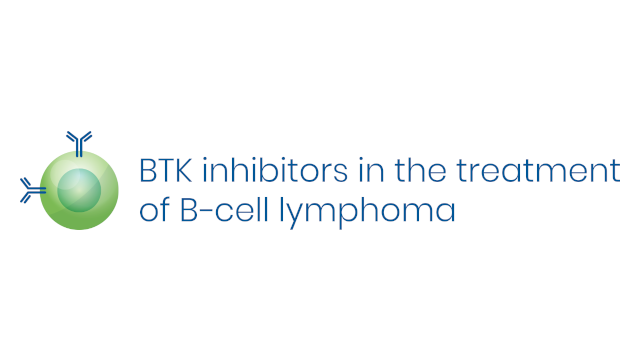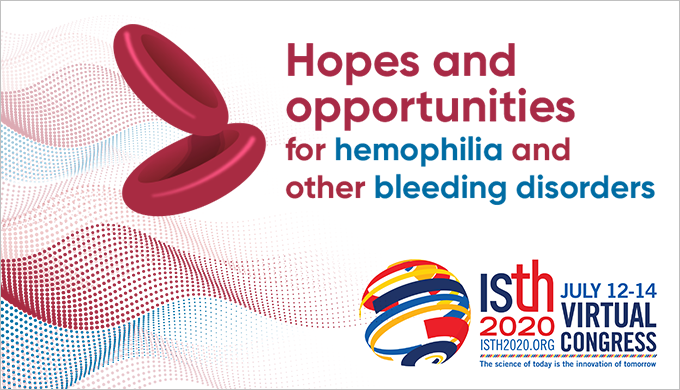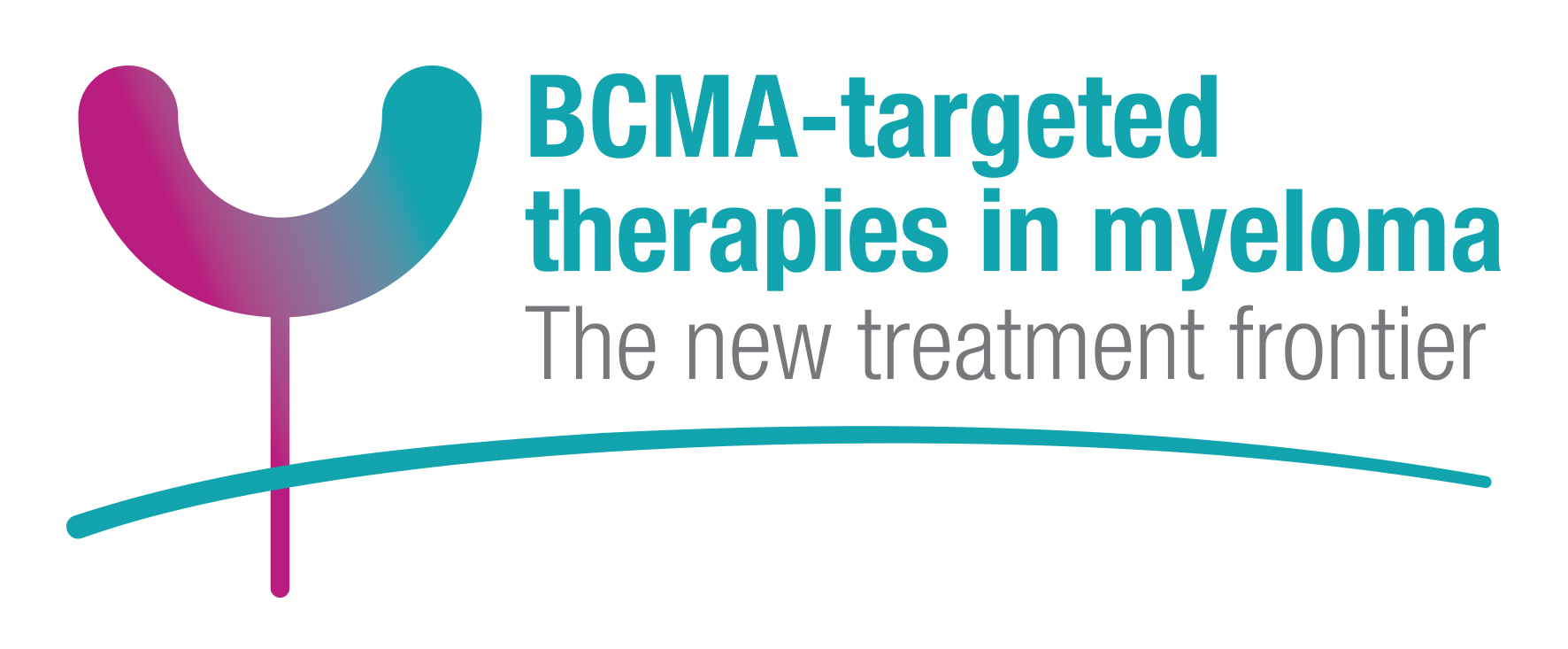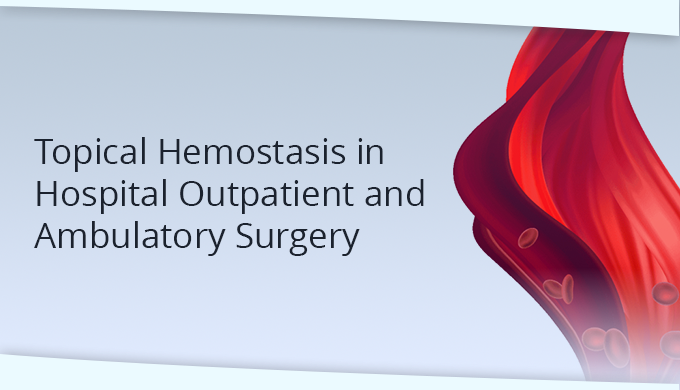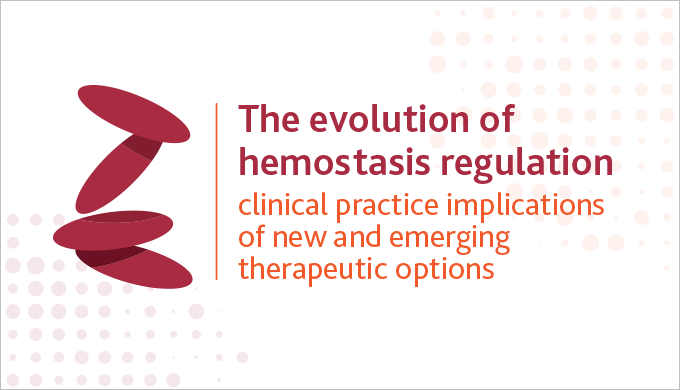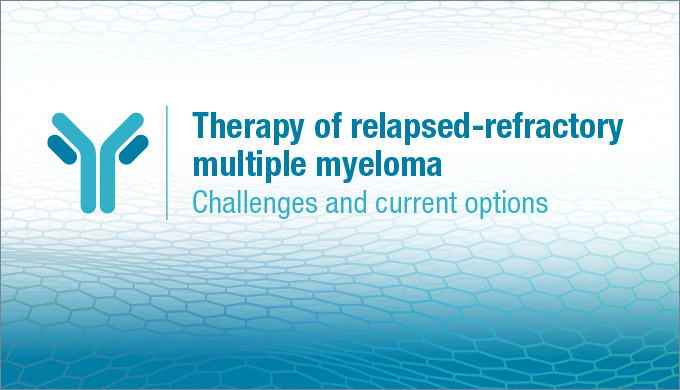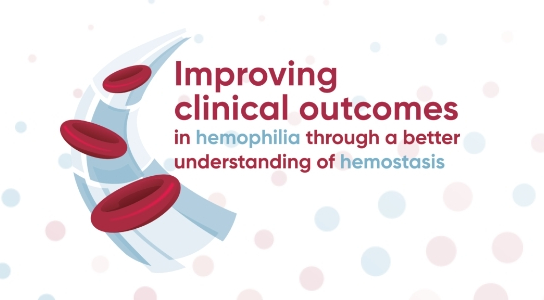
Hemophilia is a relatively rare, inherited bleeding disorder. Achieving an early and accurate diagnosis is crucial, otherwise, this disease can cause severe, even life-threatening complications. Despite advances in diagnostic methods and available therapies, some challenges and complications remain.
This independent educational program aims to highlight advances in the diagnosis, treatment, and management of patients with hemophilia that have the potential to improve patients’ outcomes and quality of life.
Please complete the evaluation form after watching the discussions.
Expert Interviews
Faculty & contributors
 Professor David Lillicrap
Professor David Lillicrap
Dr Lillicrap is a Professor in the Department of Pathology and Molecular Medicine at Queen’s University, Kingston, Canada. His medical education was completed at Imperial College Medical School in London and after post-doctoral training in molecular biology with Professors Arthur Bloom and Ian Peake in Cardiff, he returned to a faculty position at Queen’s University in Canada. Since 2001, he has been the recipient of a Senior Canada Research Chair in Molecular Hemostasis, and in 2013, he was elected to the Fellowship of the Royal Society of Canada. Dr Lillicrap is a past member of the World Federation of Hemophilia’s (WFH) Medical Advisory Board and Chair of the WFH’s Research Committee. He is a past Chairman of the International Society on Thrombosis and Hemostasis’ (ISTH) Scientific and Standardization Committee and member of the Council of ISTH. Between 2008-2014 he served as an Associate Editor of Blood and is currently Co-Editor-in-Chief of the Journal of Thrombosis and Haemostasis. Dr Lillicrap’s research interests are centered on molecular aspects of the hemostatic system, with a particular emphasis on the biology and pathobiology of FVIII and von Willebrand factor. He has co-authored >350 peer-reviewed manuscripts, has an H-factor of 71, and has current research funding from the Canadian Institutes of Health Research and the US National Heart Lung and Blood Institute.
Disclosures
- Grants: Biomarin, CSL-Behring and Sanofi
- Honoraria or consultation fees: Biomarin, CSL-Behring, Novo Nordisk, Takeda
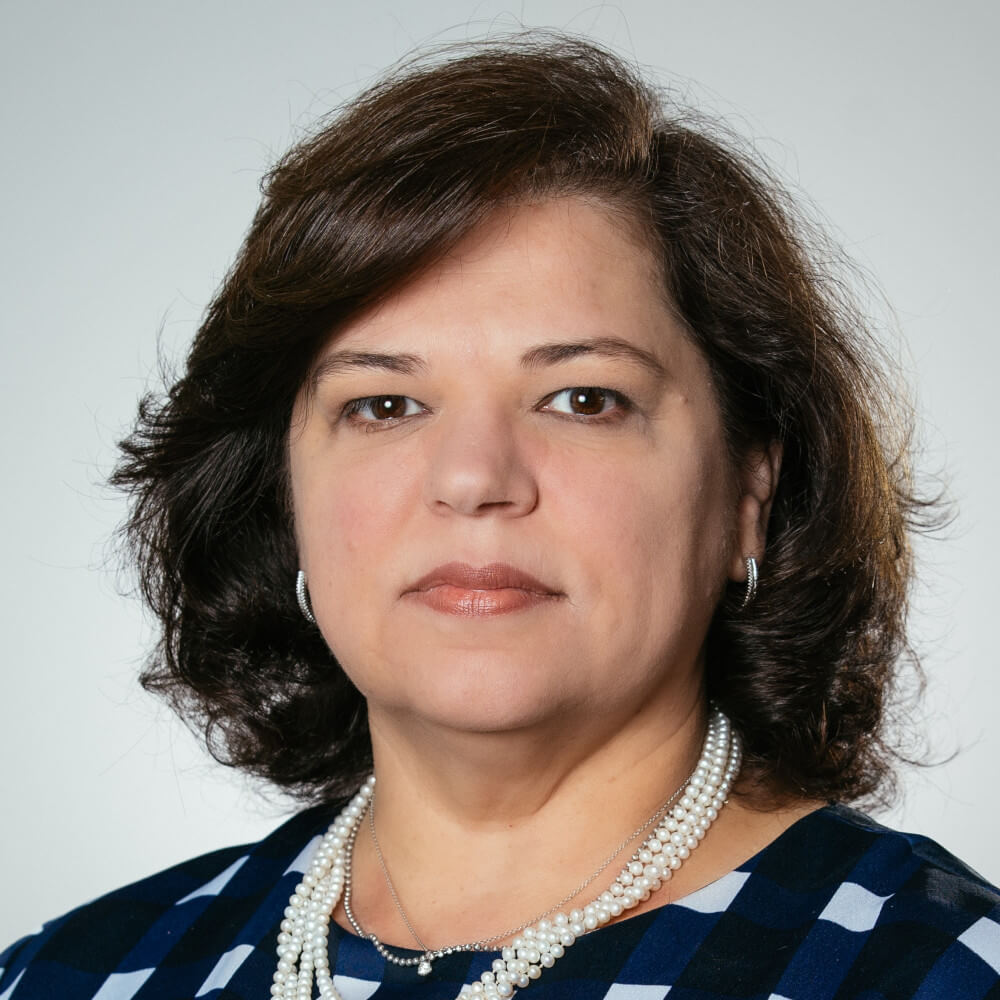 Professor Magareth Castro Ozelo
Professor Magareth Castro Ozelo
Dr Margareth C. Ozelo is an Associate Professor of the Internal Medicine Department and Director of the Hematology Division at the University of Campinas (UNICAMP) in Campinas, São Paulo, Brazil. She received her medical degree (1994), specialist training in hematology and transfusion medicine (1994-1997), and Ph.D. (2004) at UNICAMP before undertaking a postdoctoral fellowship in David Lillicrap’s laboratory at Queen’s University in Kingston, Ontario, Canada, focused on gene therapy for hemophilia (2006–2009). Dr Ozelo is also the Director of the WFH International Hemophilia Training Centre (IHTC) from Hemocentro UNICAMP. She is involved in several research projects, including gene therapy for hemophilia, risk factors for inhibitor development, immune tolerance induction, and the management of musculoskeletal complications of hemophilia and inherited platelet disorders.
Disclosures
- Grants: BioMarin, Novo Nordisk, Pfizer, Sanofi, Roche, Takeda
- Honoraria or consultation fees: BioMarin, Bayer, Novo Nordisk, Pfizer, Roche, Takeda
- Participation in a company sponsored speaker bureau: BioMarin, Bayer, Novo Nordisk, Pfizer, Sanofi, Roche
 Professor Johnny Mahlangu
Professor Johnny Mahlangu
Johnny Mahlangu is a Professor of Hematology in the Faculty of Health Sciences of the University of the Witwatersrand and the National Health Laboratory Service and a Consultant Clinical Haematologist at the Charlotte Maxeke Johannesburg Academic Hospital. Johnny received his undergraduate and postgraduate training in science and medicine at the University of the Witwatersrand with hematology specialist and clinical hematology sub-specialist qualifications through the Colleges of Medicine of South Africa. His main area of research is novel therapies in bleeding disorders, in which he has served as Principal Investigator for many international multicentre studies. He has published many peer review journal articles and presented many oral talks and posters at national and international scientific meetings.
Disclosures
- Grants: Biomarin, Norvatis, Novo Nordisk, Pfizer, Roche, Sanofi, Spark, UniQure
- Honoraria or consultation fees: Biomarin, Novo Nordisk, Roche, Takeda, Sanofi and Spark
- Participation in a company sponsored speaker bureau: Biomarin, ISTH, Novo Nordisk, Pfizer, Roche, Sanofi, Takeda, and WFH
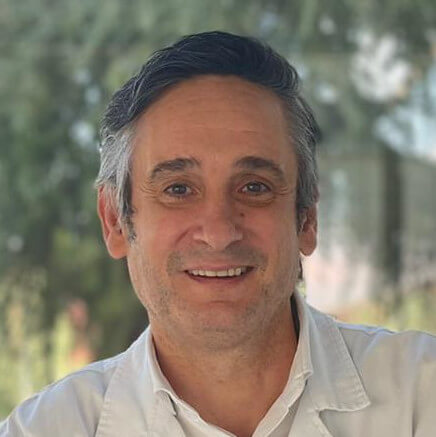 Dr Víctor Jimenez-Yuste
Dr Víctor Jimenez-Yuste
Víctor Jiménez-Yuste is an Associate Professor of Medicine at the Universidad Autónoma de Madrid and Head of the Hematology Department at the Hospital Universitario La Paz (Madrid, Spain). After his degree in Medicine at the University of Valladolid, he specialized in hematology at the Hospital Universitario La Paz. He was awarded his PhD by the Autónoma University of Madrid where he completed his thesis studying hemophilia and HIV infection. Professor Jiménez-Yuste is a member of the executive committee of the Spanish Society of Hematology and Hemotherapy. His lines of research include the treatment of hereditary coagulation disorders, ITP, and acquired hemophilia. He has published more than 200 articles in different journals on these topics.
Disclosures
- Grants: Pfizer, Takeda, NovoNordisk, Sobi, Octapharma, Roche, Grifols, CSL Behring, Bayer
- Honoraria or consultation fees: NovoNordisk, Pfizer, Shire, Sobi, Grifols, Roche, CSL Behring, Bayer, Octapharma, BioMarin, Grifols
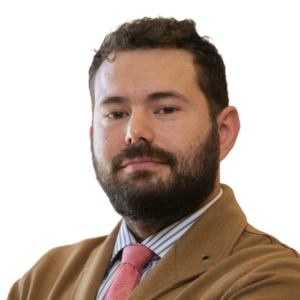 Daniel-Aníbal García Diego
Daniel-Aníbal García Diego
Patient and patient advocate
Madrid, Spain
Daniel lives with severe Hemophilia with inhibitors and was diagnosed at the age of 8 months. He has been involved in the Hemophilia community since he was 18 years old and currently is the president of the Spanish Hemophilia Society.
In addition, Daniel is a lawyer specializing in public procurement and Environmental, Social, and Governance Law in Spain, where he is also the president of some business associations and responsible for the finances of an NGO working with people with disabilities.
Disclosures
- None to declare
Learning Objectives
After completing this learning activity, users will be able to:
- Explain recent advances in the strategies for hemophilia diagnosis and monitoring of treatment responses
- Analyze current and emerging agents for the treatment of hemophilia and evaluate clinical data supporting them
- Debate strategies to personalize treatment based on patient characteristics
Planning Committee
Springer Healthcare IME planning committee staff include Kamran Ahmad and Alba Ruzafa. The Planning Committee have no financial relationships to disclose.
Educational Grant
This independent educational activity has been supported by an educational grant from Sanofi.
Feedback
MEET THE TEAM

Rebecca Cox
Principal Medical Education Writer


